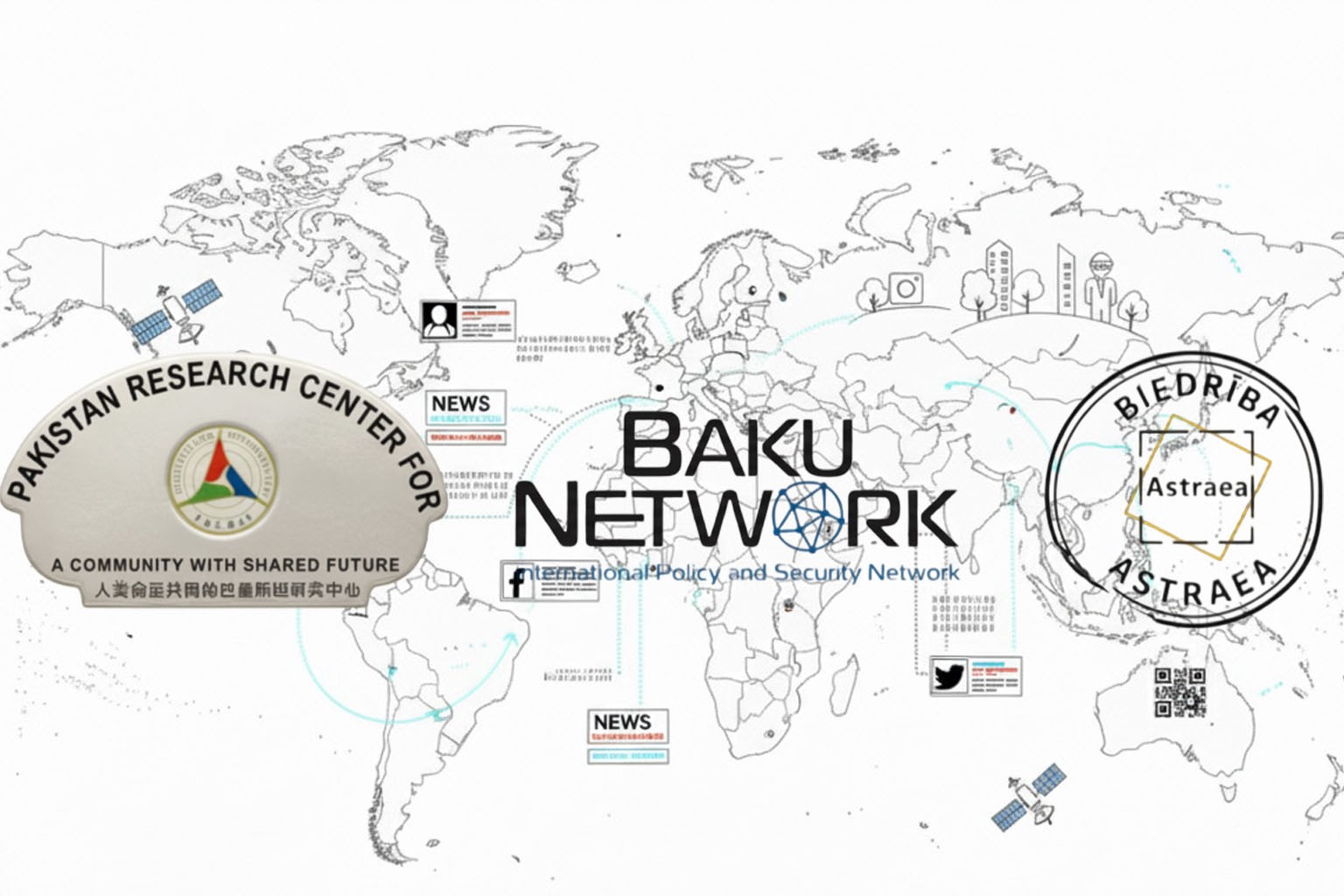BAKU, Azerbaijan, September 11. The Baku Network think tank has taken a major leap in its international engagement, signing two landmark memoranda of understanding with prominent research organizations in Pakistan and Latvia. These new partnerships—with the Pakistan Research Center for a Community with Shared Future (PRCCSF) and the cross-border NGO Biedriba Astraea—mark a pivotal expansion of Azerbaijan’s expert diplomacy, reinforcing intellectual ties across Eurasia and the Baltics.
But these agreements are more than symbolic. They establish a long-term platform for deep analytical collaboration, joint research initiatives, and strategic forecasting in an era of global volatility and shifting geopolitical priorities.
Founded in cooperation with the Communication University of China in Beijing, PRCCSF is one of Pakistan’s most influential think tanks. Its mission centers on advancing the concept of a “shared future” through academic research, high-profile publications, and international forums.
The center plays a key role in fostering economic and humanitarian connectivity within China’s Belt and Road Initiative (BRI), with a particular focus on regional integration and sustainable development. Flagship projects like the China–Pakistan Economic Corridor (CPEC) remain at the heart of its agenda. PRCCSF’s leadership was recognized globally in 2023 when it ranked first among 17 research centers from 155 BRI-partner countries.
Operating between Latvia and the United States, Biedriba Astraea occupies a unique position at the intersection of policy analysis, journalism, and civic activism. Known for its investigative reporting and commitment to media transparency, the organization monitors sociopolitical trends and implements public-interest projects that bolster democratic institutions and accountability.
Its dual presence in the EU and U.S. information spheres offers a crucial Western perspective, making it a valuable counterbalance in Baku Network’s increasingly global analytical ecosystem.
Together, these alliances allow Baku Network to build a rare east-west analytical nexus—bridging China, Pakistan, and the broader BRICS bloc with the Euro-Atlantic world. It’s a move that not only sharpens the center’s research capabilities but also reinforces Azerbaijan’s multi-vector foreign policy and growing reputation as a constructive mediator in international affairs.







